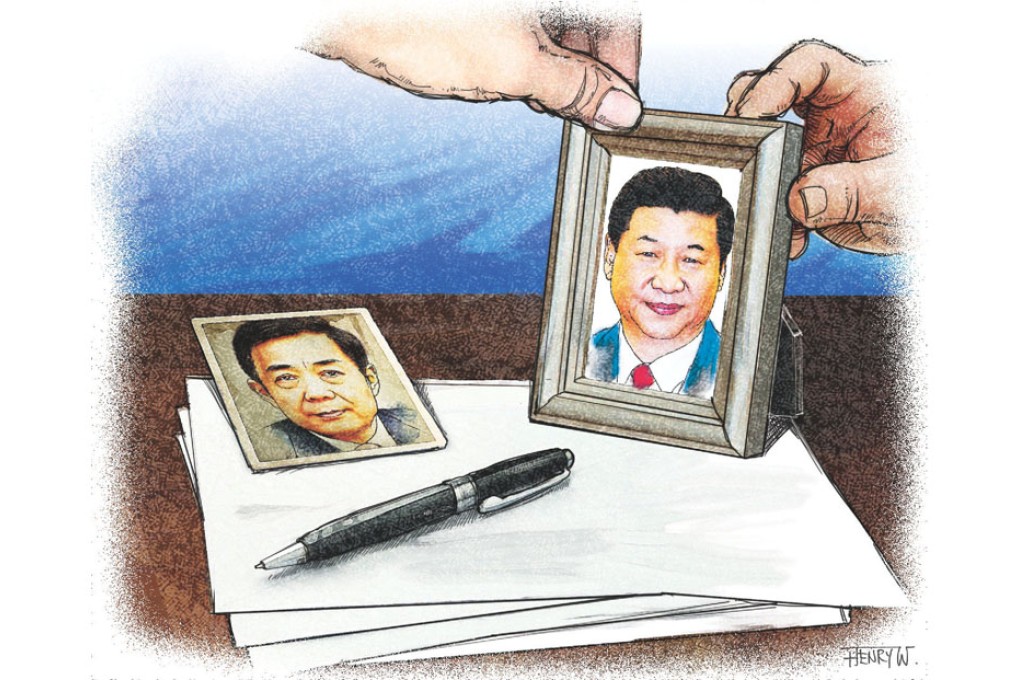What propaganda against constitutionalism tells us about China's 'new' government
Chang Ping finds it disturbing that recent official propaganda attacking constitutionalism in China is fronted by some of the same pro-government voices who once supported Bo Xilai

The latest attack on constitutionalism by its opponents in the Chinese Communist Party appeared this month in three commentaries in the overseas edition of the . The articles, which ran over three consecutive days, were all written under the pen name Ma Zhongcheng : "Constitutionalism is a weapon in the war for public opinion", "American constitutionalism is incompatible with socialism", and "Constitutionalism in China is futile and bound to fail".
Writing such articles under a pen name is a time-honoured party practice. No one knows who Ma Zhongcheng really is, but most people can guess what the name means. Ma refers to Marxism, and Zhongcheng is a homophone for the term loyalty; so Ma Zhongcheng is a pledge of faith in Marxism.
How is it that the followers of Bo have now become the foot soldiers of the new government?
Tong Zhiwei , a scholar of constitutional law, pointed out that the ideas in the three articles were copied or adapted from a article that was published in May on the Red Culture website, titled "Destroying the myth of constitutionalism: An essay on constitutionalism as a weapon in the war for public opinion".
That was written by Zhong Cheng - another homophone for "loyalty". According to "Zhong Cheng", both advocates of Western constitutionalism like He Weifang and supporters of a socialist constitutional system, like Tong Zhiwei, share one goal, which is nothing less than the "overthrow of the Chinese socialist system through all kinds of ways and means", and the "ousting of the Chinese Communist Party leadership".
Tong said another pen name for Zhong Cheng is Ren Ping, which some believe means "a People's Daily commentator" or "a commentator for the people".
Ren Ping was the author of an article that appeared late last year in defence of Wang Lijun and Bo Xilai , titled "The last days of the anti-communist forces: analysing and understanding the public opinion war behind the Wang Lijun Incident".
The article says the "persecution of Wang" and the "smearing of the Chongqing experience" were the work of a conspiracy. "Spies in the higher echelons of the party have laid bare their naked collusion with foreign enemies", it said, while claiming that Bo, Wang and others similarly tainted were in fact "the least corrupt and the most trustworthy officials in the Chinese political system".
